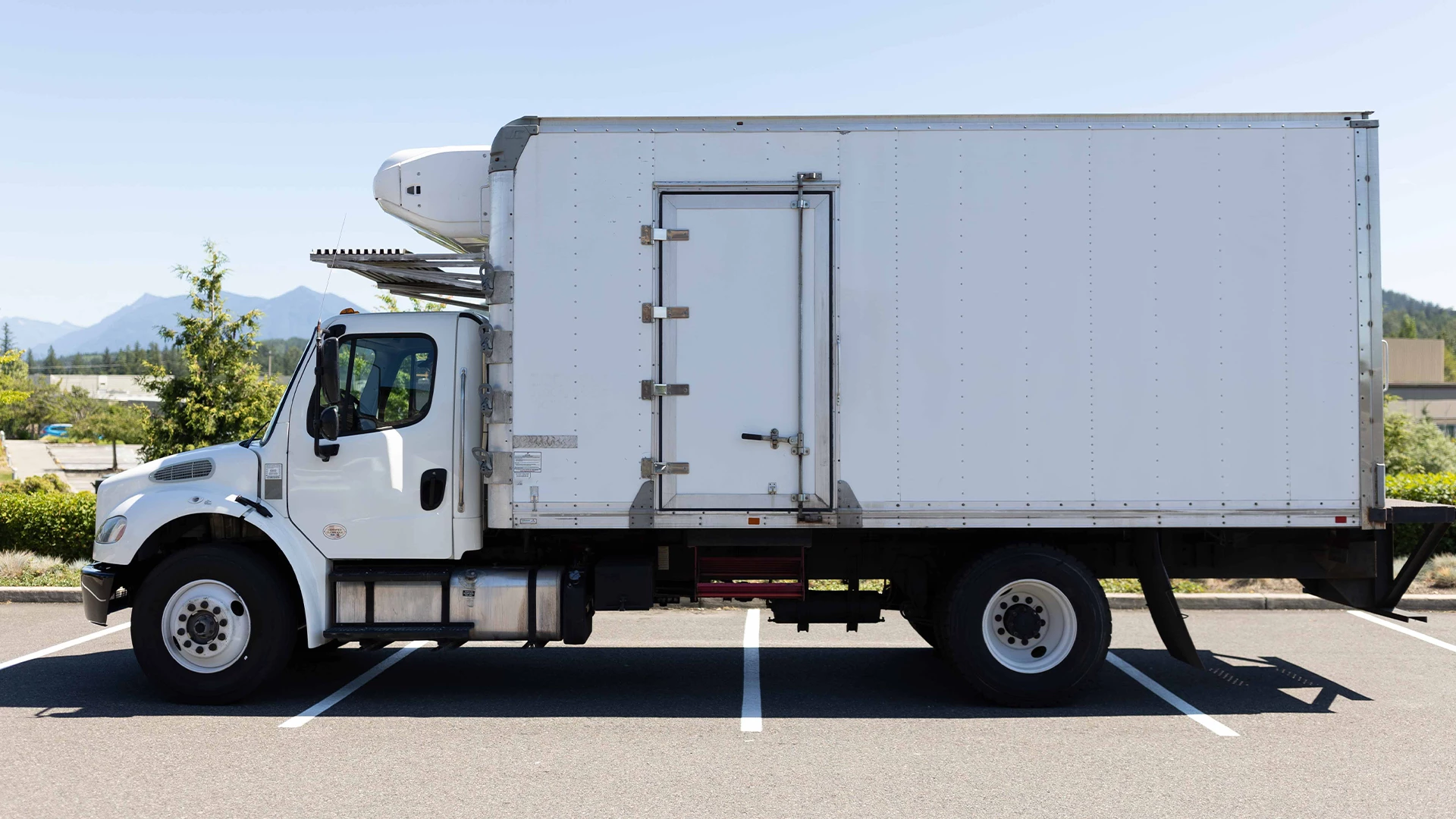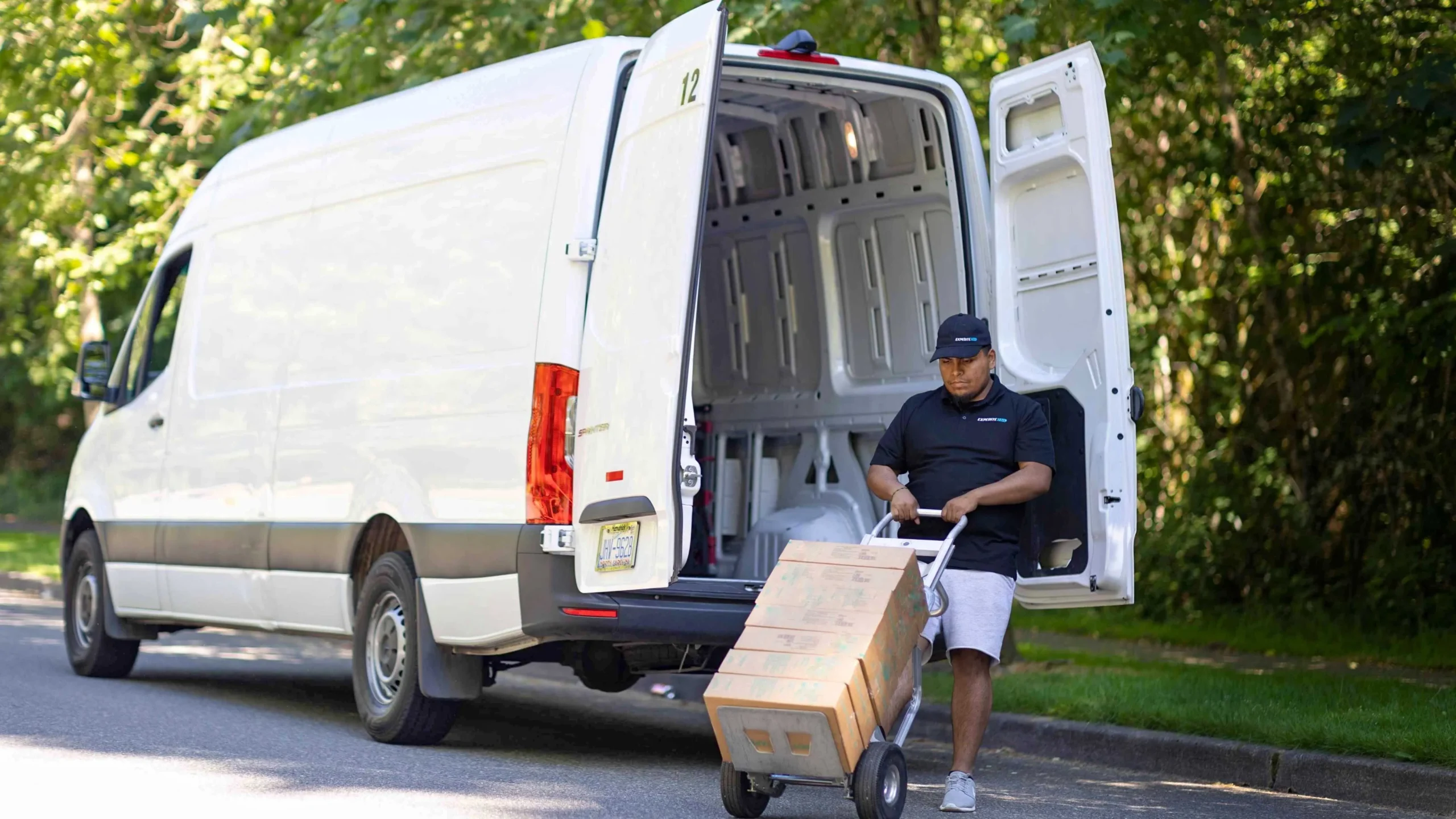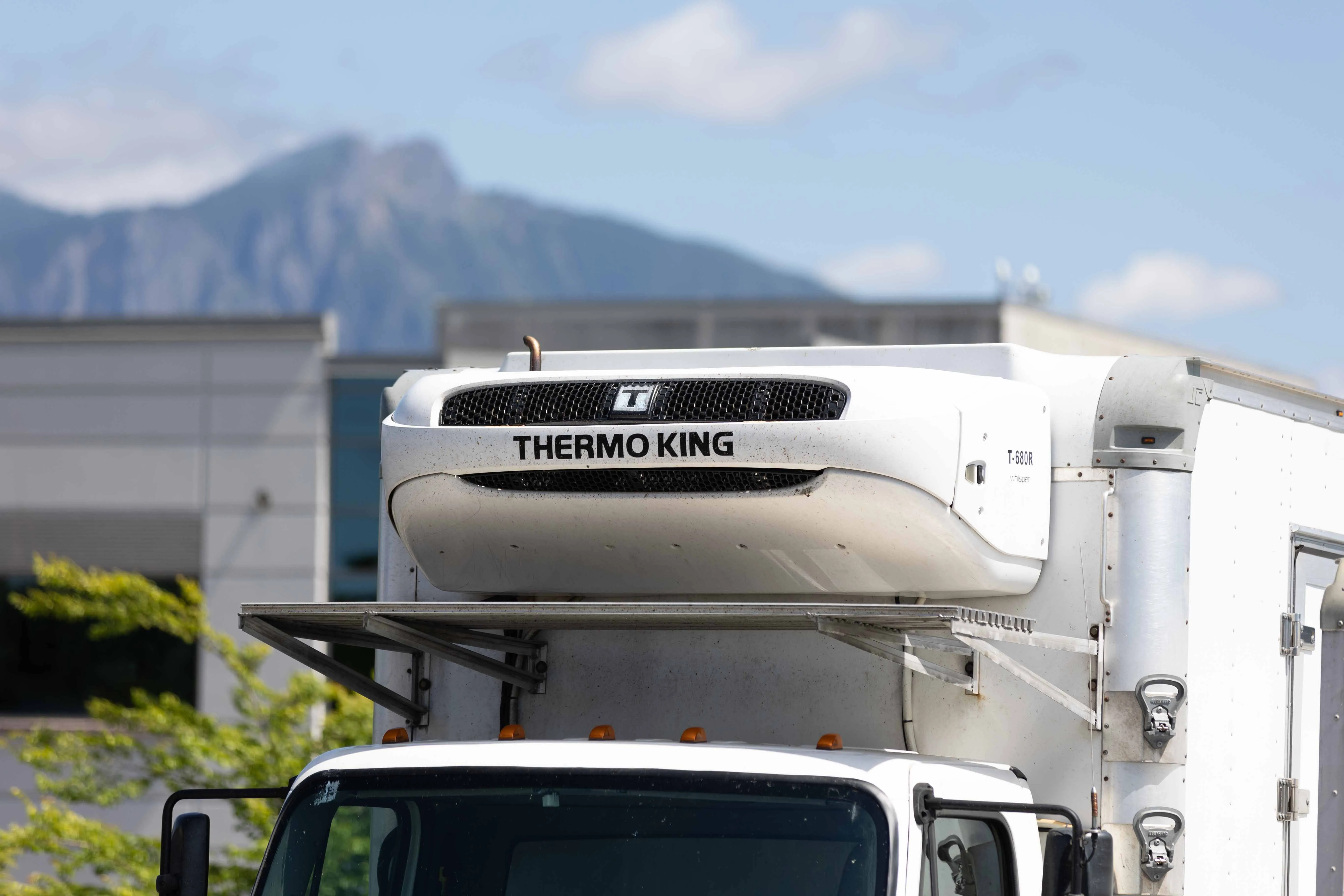
Mastering the Art of Sensitive Cargo Transportation
The smooth operation of industries relies heavily on an efficient supply chain, where the ground transportation industry plays one of the pivotal roles. From raw materials sourced from farms and manufacturers to the final-mile delivery, ground transportation ensures the uninterrupted flow of essential products. However, when it comes to transporting sensitive cargo such as temperature-controlled food products and pharmaceuticals, robotics, expensive pieces of machinery, and electronics, ground transportation in general and the trucking industry, in particular, face unique challenges and must address specific requirements to guarantee the safe and timely delivery of these goods.
Among the various industries that rely on trucking, certain sectors place a particular emphasis on this mode of transportation. Agriculture, with its diverse range of products, depends on efficient shipping to ensure the freshness and quality of its goods. An astonishing 82.7% of agricultural products are transported via trucking, underscoring the industry's reliance on this mode of transportation. Similarly, the dairy, fruit, vegetables, and nuts sector heavily depends on trucking, with no less than 92% of its products being transported through this channel.
In the pharmaceutical industry, where the safety and efficacy of products are paramount, trucking also plays a critical role. Approximately 65% of pharmaceutical products are transported via trucks, highlighting the need for reliable and secure transportation to maintain the integrity of these sensitive goods.
While industries typically turn to traditional semi-truck carriers as their primary choice for delivering products, there are frequent scenarios where FTL (Full Truckload) or LTL (Less Than Truckload) shipments are not the optimal solutions. When it comes to the fast transportation of sensitive cargo, there is often the better option, as described below.

But first, let’s dive deeper into the peculiarities of sensitive cargo transportation within industries, its specific problems, and solutions that help ensure the smooth and reliable transportation of goods.
- Perishables (esp. agricultural products, food, flowers, etc.).
Problem: The transportation of perishables demands strict temperature control to preserve their quality, freshness, and nutritional value. These perishable goods can be sensitive to temperature fluctuations and require specialized logistics solutions to ensure their integrity throughout the transportation process.
Solution: Specialized means of transport, such as smaller reefer vans equipped with high-quality refrigeration units. These vans maintain the necessary cool temperatures, ensuring that these products remain fresh and safe until they reach their destination. - Machinery, high-end electronics, aerospace components, fragile items, and valuable commodities.
Problem: The transportation of these highly-sensitive items presents unique challenges due to their complexity, fragility, and cost.
Solution: Efficient handling to ensure the safe and secure transportation of these items without compromising their integrity or causing damage; use of special equipment to meet the specific industry requirements; employing of techniques such as careful loading, cushioning, bracing, and strapping to prevent and minimize the effects of shock and vibration. - Laboratory and Scientific Equipment.
Problem: When it comes to delicate scientific instruments, research equipment, and laboratory specimens, expedited transportation is crucial to preserve their quality and functionality. The longer the transit time, the greater the risk of deterioration in quality or damage in the process of it.
Solution: Direct deliveries without the need for reloads. This reduces the time required for transportation, ensuring that equipment or specimens reach their destinations promptly. - Pharmaceutical Products.
Problem: The peculiarities of transporting pharmaceuticals stem from the sensitive nature of these products, which often require compliance with stringent regulations.
Solution: Strict adherence to Good Distribution Practices (GDP) and Current Good Manufacturing Practices (CGMP), and specialized transportation solutions, including the use of advanced refrigeration units, employment of expedited straight deliveries, and efficient logistics in place - all these enable reliable transit times, reduce the risk of delays and ensure that pharmaceutical products reach their destinations in a timely manner.
To summarize the above, the optimal solution for sensitive cargo transportation for these industries must include simple and fast logistics, strict temperature control, and minimal handling. The increasing demand for such options while taking into account economic factors has led to the emergence of a unique freight shipping solution known as STL (Small Truck Load). STL shipments involve freight traveling directly from the shipper to the destination in smaller trucks such as straight trucks, box trucks, or cargo vans, while not compromising temperature control and delicate handling.

How are all these problems approached by Expedite All, and what sets it apart from the everyday classic solutions like FTL and LTL?
- Expedite All focuses on STL, thus expediting moving times and eliminating the need for reloads, ensuring faster and more secure transportation.
- Expedite All's division Reefer Van Network focuses on smaller trucks equipped with high-quality refrigeration units, which ensures the integrity and quality of temperature-sensitive goods, such as pharmaceuticals and fresh produce. These specialized vehicles maintain temperature control throughout the transportation process, safeguarding the integrity of the cargo.
- Many Expedite All’s trucks have special equipment installed (braces, straps, cushioning, forklifts), meeting the client’s requirements to deliver and accurately load/unload fragile and sensitive goods.
- Unlike FTL shipping, where cargo space may be underutilized, Expedite All’s smaller trucks allow clients to pay only for the right size vehicle, which benefits businesses seeking expedited delivery without compromising on cargo security.
- Expedite All network operates more than 6000 small trucks across the US - America’s largest small truck network is at your fingertips. This means you can find the most suitable delivery solution on demand!
- Sustainability: Expedite All’s fleet of smaller trucks contribute to green initiatives as they operate on a more scale-efficient platform compared to larger trailers, resulting in reduced carbon footprints.
With its ability to navigate complex supply chains and deliver goods with precision, the FTL, LTL, and STL continue to be driving forces in sustaining the flow of goods and supporting the growth of various industries. The growing demand for efficient and fast trucking, which advantages are clearly visible in the case of sensitive cargo delivery, underscores the importance of STL with its efficient logistics solutions, financial benefits for businesses, and sustainability. And in such special cases, which require special solutions, Expedite All is all here to help you!
Want to know more about STL and how your business can benefit from using it? Visit our website or contact us directly!
You May Be Interested In
Refrigerated Small Truckload Shipping: The Missing Link in Your Transportation Mix
The U.S. cold chain market is on fire. According to a recent article in FreightWaves, “By 2025, the refrigerated trucking market is estimated to reach $15 billion, up from $10.5 billion in 2018.” This growth is being driven by several factors, including significant increases in the import…
The Risks Faced by a Solo Owner-Operator: The Benefits of Joining a Network
The U.S. transportation system is incredibly active, moving an average of 55.2 million tons of freight daily, valued at over $54.0 billion. This highlights the immense volume of goods transported daily and the significant value associated with these goods. Solo owner-operators play a vital, yet often underappreciated, role in this process…